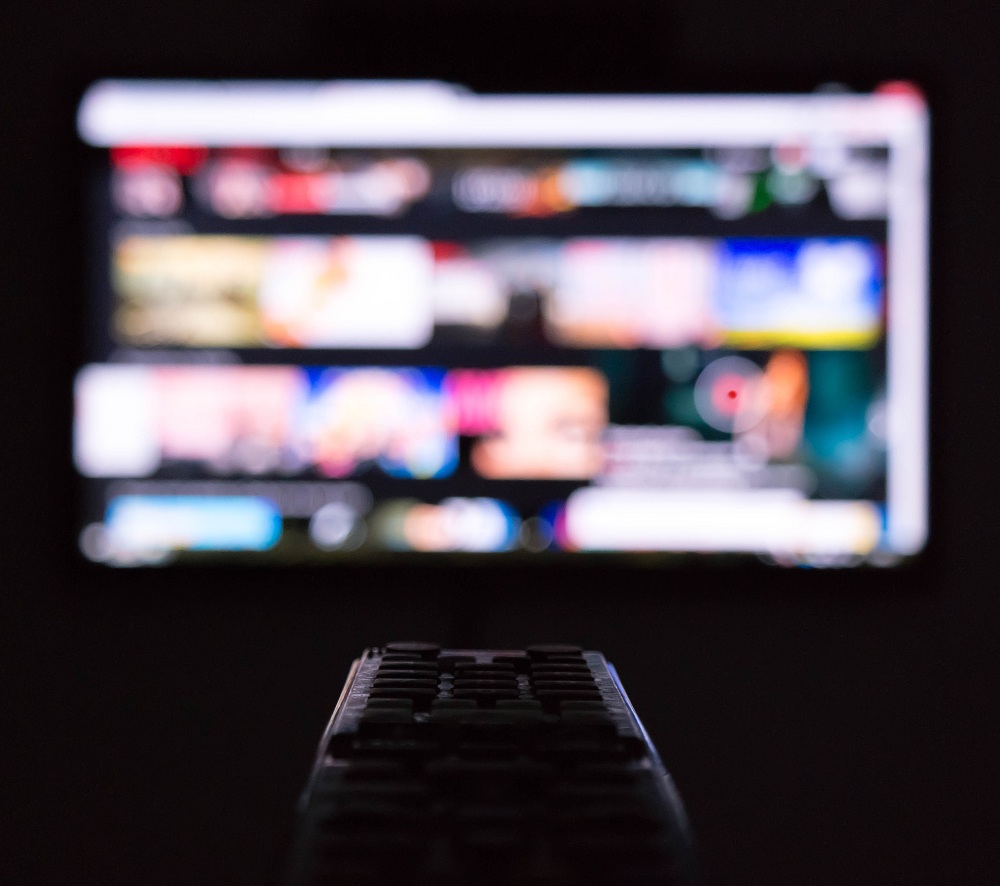TV series right now has never been this colorful.
Hollywood is admittedly a heavily stained part of the entertainment industry. From movies to the small screen, notions of whitewashing and the idea that “whites sell better” have been evident since the beginning of this industry. True enough, movies and TV shows are based on the culture and time it was created on, but it is almost sad that even in the light of diversity and the fight to change the “system” that’s being encouraged nowadays, Hollywood is still too slow to adapt to it. And if there is change shown with including people of color in supporting or starring roles, it’s still a little difficult to interpret these moves to be genuine or just catching on to the business trend, by simply changing the phrase, “white sells better” with “diversity sells better”.
However, we could look at that as a glass half-emptyor half-full.
Despite these stubborn notions that is still believed by backwards-living producers, it’s still a victory knowing that there are other movie television makers who create more and more shows with a diversified cast each year—where a person of color has the starring role in the plot, not just a supporting character for a white male/female lead.
Below are on-going shows who are changing the course of how television should show inclusion of actors from different cultural backgrounds:
-
Luke Cage
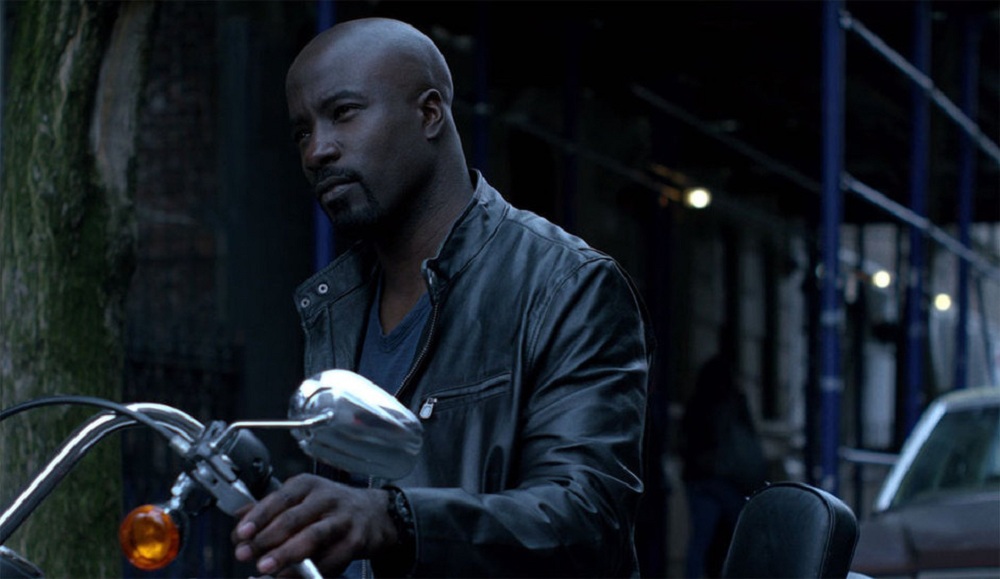
After the two sensational Netflix’s original Marvel series, Daredevil and Jessica Jones, comes a gritty show about Harlem’s unapologetic hero, Luke Cage, a mountain of a man with superhuman strength and an invulnerable skin. The story begins after his failed relationship with Jessica Jones. He lives under the radar in Harlem, New York after his escaped in prison. But his presence, heroic acts and investigation into a corrupt system in the city catcha lot of attention, bad attention.
The show boasts a number of African-American actors that are supporting actors, protagonists and antagonists. Mike Colter who plays the hero Luke Cage, in an interview with Media Planet challenges the media and the standard for casts in television shows as he says, “Make sure you give people an opportunity. They might surprise you, they might wow you, they might completely blow your drawers off. But you’ve got to give them a chance first.”
-
Jane the Virgin
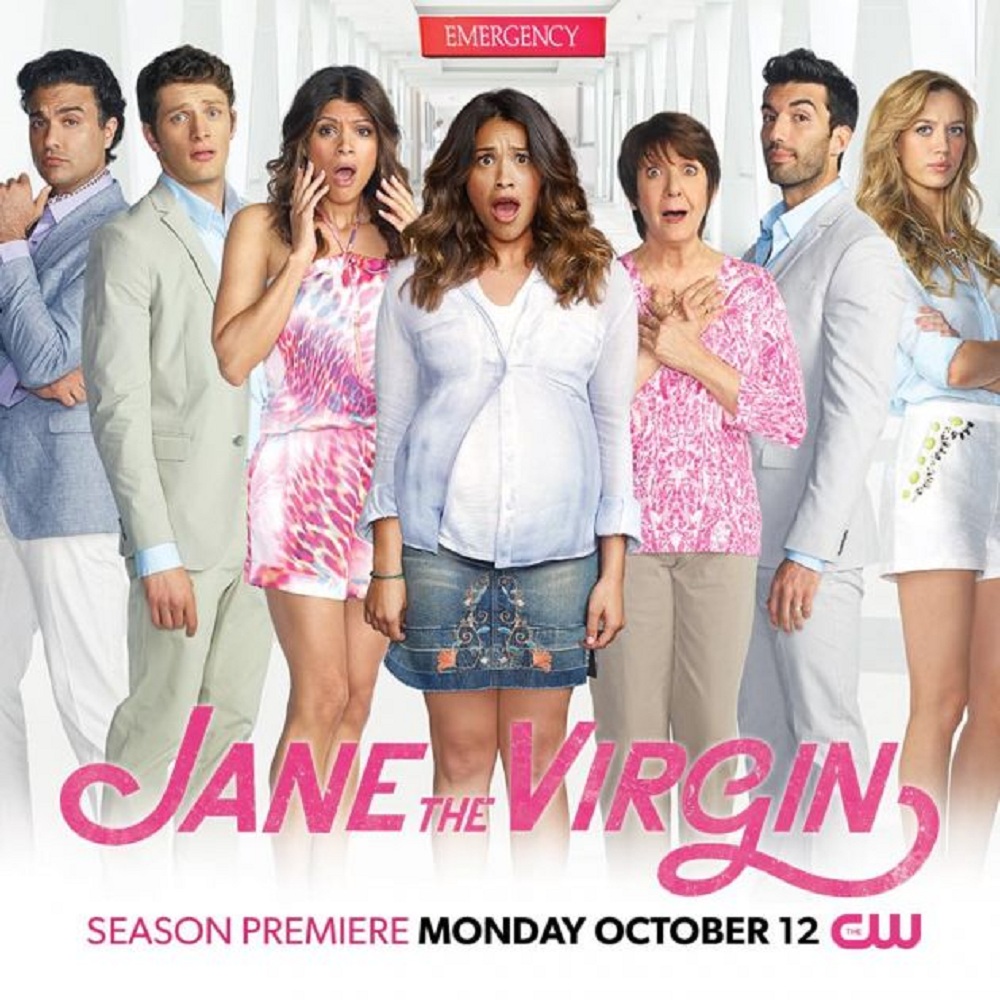
Jane is a drama-comedy set in Miami, that shows the life of a young Latina woman who is saving her virginity for marriage, gets artificially inseminated by mistake by her doctor. Pregnant and utterly confused, Jane struggles as numerous challenges arise from her situation—from how to deal with her pregnancy with her religious background, her love triangle with her current boyfriend and the biological father of her child, to how will she be able to continue pursuing her dreams of being a novel writer.
The show takes on a telenovela format and shows not just Jane’s struggles but her family’s life as Venezuelan immigrants. It warmly portrays the tight-knit family life Jane is rooted to and shows their culture with depth and without the usual Hollywood stereotyping for Latino/Latina characters. Jane’s grandmother in the show, acted by Ivonne Coll, doesn’t speak in English for the entire show’s run so far. Gina Rodriguez, who plays Jane, is active in using this platform to uphold inclusivity in television shows. In a speech at a New York advertising event, she did not shy away from mentioning the power of television and artists to heal the divisiveness of the country. “It tears down misconceptions, creates pathways for empathy and opens our eyes to the beauty of our differences. Television has the power to bring someone into your living room that you may not have had the opportunity to have met in any other scenario. We can’t be everything at once — straight, gay, black, Latino, Muslim, Christian, Jewish, male, female — but we can learn about what we are not through art. And that is where the healing begins.”
- Fresh Off The Boat

Fresh of the Boat is a truly fresh American sitcom with the irony of having an all-Asian main cast, with its plot entirely about a Taiwanese-American family living in Orlando, Florida. The story is set in the late 1990s and is set as a flashback story narrated by Eddie Huang, the protagonist of the show, who tells the story about their family’s struggles and successes as immigrants and the occasional dilemmas of embracing American culture while not veering away from their Taiwanese roots.
The showdoes not fail to portray the depth of their characters despite it being a sitcom. Fresh Off The Boat has an array of episodes that individually shows the struggles of the immigrant parents: the father who whole-heartedly accepts American culture by owning and operating an average steakhouse restaurantdespite being inexperienced in the business, the mother who teaches her kids not to forget their Taiwanese culture despite their environment and the kids who are growing up with one foot in both cultures. What makes the show great is their ability to portray this family in situations that do not fall into stereotypes and misrepresentation of Asian culture.
The show not only celebrates the fact that the cast is all-Asian, but it also celebrates that a compelling, and in this case, fun story can be weaved by presenting an experience of an Asian-American family and make it authentic and relatable to all types of culture that comes to America to have a new life.
- Brooklyn Nine-Nine
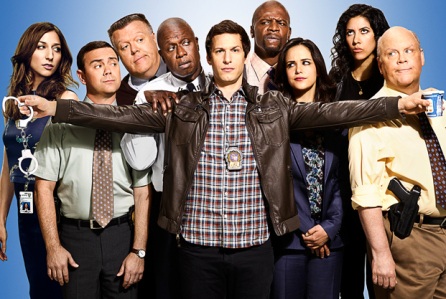
Brooklyn Nine Nine is a police sitcom that delves into the lives of its characters who are a team of detectives with their captain in a fictional precinct in New York City. Each character on the show is given ample time per episode for their own story arcs as detectives and as people living in New York. The show focuses on the character development of each detective thrown in different situations as the seasons of the show progress. The show does not only celebrate different races as part of the main cast, but the stories created for each episode also tackle different societal issues in a fun, charming way, while highlighting a diverse group of characters: a Latina woman in a leadership position, a bisexual detective, a sergeant who does not fall into the “masculine” stereotype and an openly-gay African-American captain.
What makes Brooklyn Nine Nine a notable show is their clever and brave dialogues that don’t shy away from taking on issues on gender, race and even racial profiling among police officers. Each episode is a chance the show to flip the script on stereotypes while retaining its unique humor. Its rising popularity had saved the show from nearly being cancelled, because fans refuse to give up on a show that is giving representation to minorities. Rewardingly, the show got picked up by another television company and it’s working its way to another season.
- Star Trek: Discovery
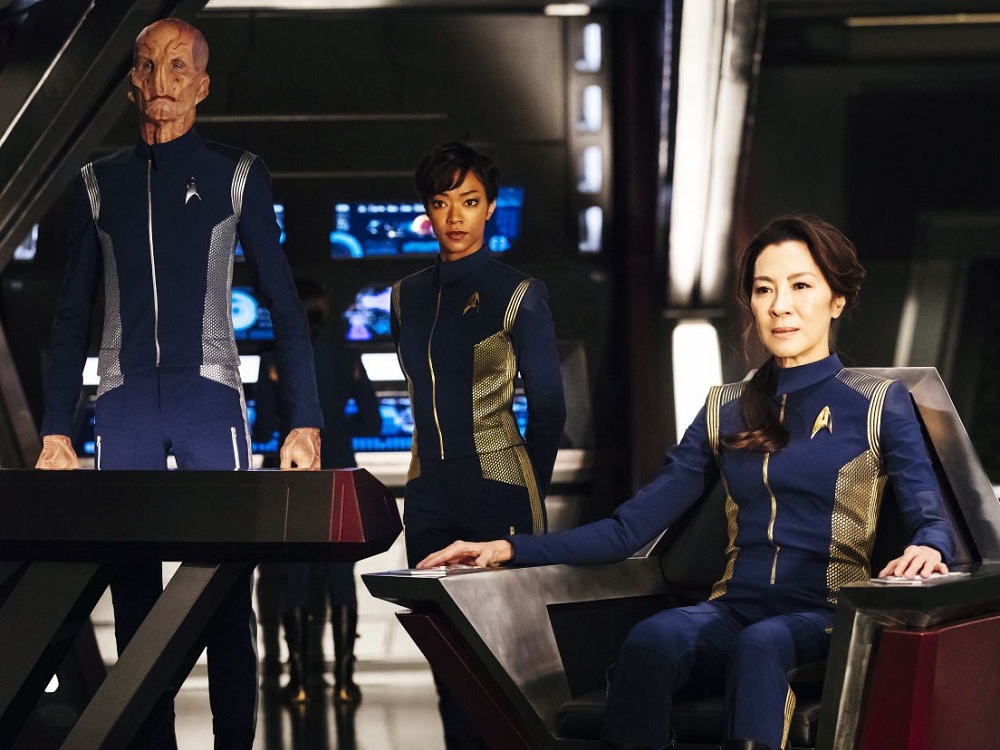
Star Trek has had a long history of diversity, featuring the first interracial kiss on television, the first black female actor in a lead role and so many more milestones.Fortunately, it still hasn’t failed up to the new series entry to the Star Trek universe, Star Trek: Discovery, which is set roughly a decade before the events of Star Trek: The Original Series and features a black female actor playing a human who is aformer First Officer of the USS Shenzou who gets stripped of her rank under the crime of mutiny against her captain. She is then recruited to help the USS Discovery as a science specialist during the war of the united Klingon houses, whose situation has reached the attention of the Federation and felt their war is a threat.The plot also brilliantly shows the protagonist’s struggles between her humanity and being raised Vulcan, basically struggling between logic and emotion, as she deals with harsh situations.
Star Trek has always stood on the principles of diversity because it’s essentially science fiction set beyond Earth’s system, where different races and different civilizations come from a number of planets not our own. Star Trek is a fictional universe that does not restrict the possibility of races both coming together and fighting amongst each other while ultimately realizing the importance of accepting differences for the universe’s common good—which makes up the beauty and essence that the Star Trek lore has given the science fiction genre. Star Trek is an avenue to create storylines that depict complex societal issues, related to humans and other species alike,that is relatable.Star Trek members from different generations are placed in situations that teach them to find the common ground with multiple races to work together against a threat. Sonequa Martin-Green, who plays Burnham, had something strong to say in an interview with the Entertainment Weekly, “I would encourage them to key into the essence and spirit of ‘Star Trek’ that has made it the legacy it is – and that’s looking across the way to the person sitting in front of you and realizing you are the same, that they are not separate from you, and we are all one,”
Star Trek: Discovery, along with the other shows mentioned here, signifies a victory for all people of color, race, gender and other misrepresented minorities. The fight for inclusion and diversity is not a loss yet despite Hollywood’s slow and obstinate standards. Every inclusive and diversified show that gets created, is a testament to the strength of these brave people in the entertainment industry who are unafraid to change society’s narrow-minded ideologies, and with every show like this, a diversified future becomes clearer and tangible.

